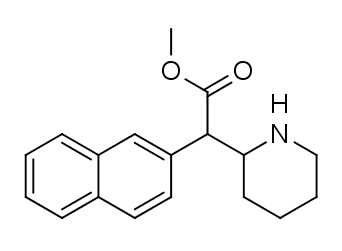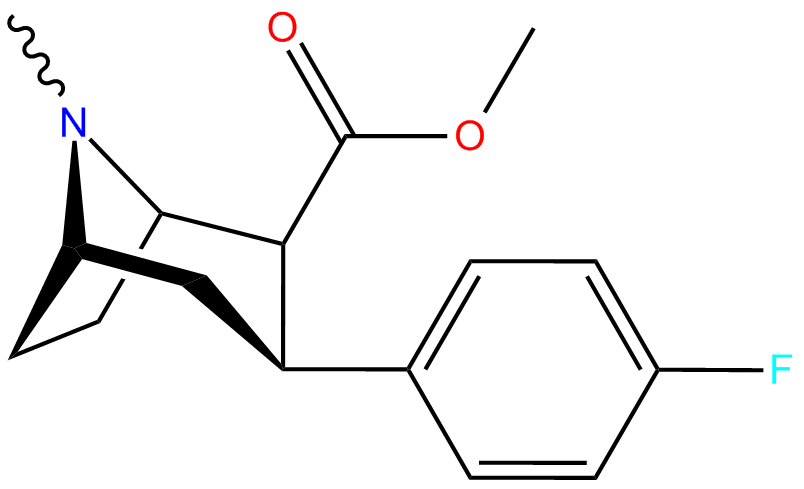They will add to one-another only in so far as they add to the number of transporters affected at once, dosing higher with either one is better for getting the desired effect of whichever you prefer. Because the Adderall will eventually phosphorylate all your transporters and the Ritalin will stop having any efficacy. Because they are mutually exclusive to any single individual transporter at a time. Meaning, when Ritalin is bound to the re-uptake pump as a ligand, Adderall cannot go up through the Monoamine Transporters into the Vesicular Monoamine Transporters and phosphorylate both and cause release. Once MAT is phosphorylated it is compromised and is in it's death cycle as a cell (going to be "internalized" and regenerated a-new) whereas Ritalin protects this from happening, but has a shorter half-life and eventually, whenever an individual Ritalin molecule "dis-associates" an Adderall molecular has the chance to 'phosphorylate' it and therefore alter the transporters conformation (it malforms it, this is why dopamine, serotonin, etc., is released, because the normal working mechanism of the transporter cell is compromised, "broken") and Ritalin can no longer bind to the re-uptake pump on its outer surface. So they will combined to effect "more" transporters, but eventually the Adderall effect will take over the Ritalin effect (which protects the transporter cells for a time, as it's mode of action inhibits Adderalls mode of action)
Does that explain it for you? Cocaine & Methamphetamine have the same mutually exclusive method of action. Cocaine is neuroprotective to methamphetamine neurotoxicity, but N-meth-amp's longer half-life being less metabolic labile doesn't really prevent it in the event of the co-administration of the two drugs; the methamp's high/stimulation overtakes the cocaine's. (Now a covalent binding analog of cocaine would, in fact, completely prevent it for the same life span of the individual transporter, because it is associated until it is naturally internalized, in such a case, probably lasting longer than even methamphetamine.)



